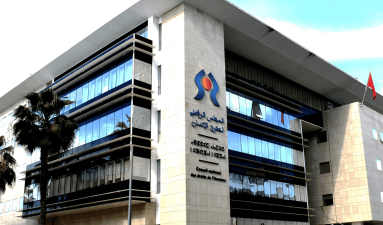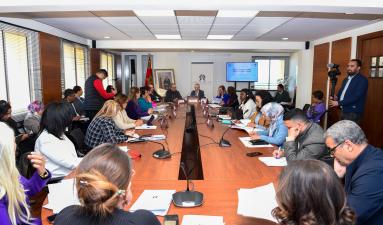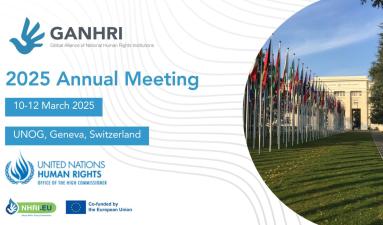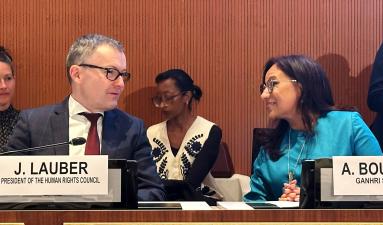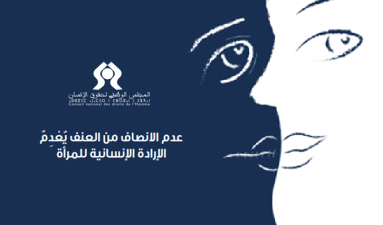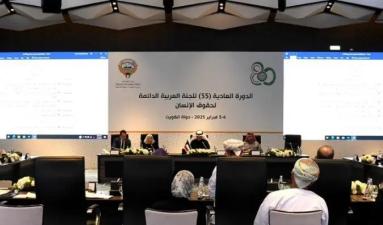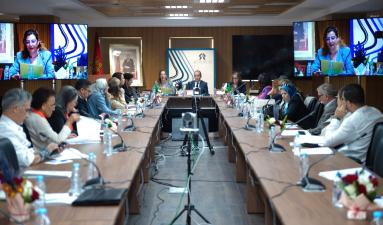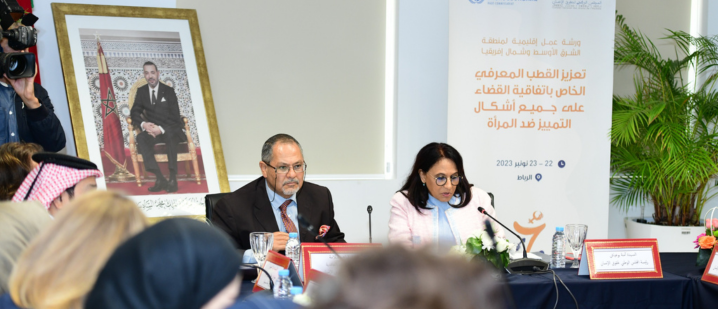
Ms. Amina Bouayach, Chairperson of the National Human Rights Council (CNDH), underscored that combating the discrimination against women requires concerted efforts in analyzing the non-legal aspects with cultural and social dimensions, encompassing traditions and unfair practices. She stressed the necessity to connect sociocultural factors and the social intricacies of the phenomenon as a horizontal and transversal goal that should be incorporated into the overall efforts to achieve genuine equality.
This announcement was part of her statement delivered on Wednesday 22 November 2023, at the opening of the “Pioneering Regional Workshop for the Middle East and North Africa on the Knowledge Hub related to the International Convention on the Elimination of All Forms of Discrimination against Women (CEDAW),” organized by the CNDH and the Office of the United Nations High Commissioner for Human Rights (OHCHR).
This workshop aims to develop cognitive approaches related to women’s rights as part of the United Nations project “Believing in Rights.”
Ms. Bouayach questioned the extent to which the principles of the Universal Declaration of Human Rights (UDHR), which celebrates its 75th anniversary, have been translated into reality. She highlighted that the world has not yet clearly addressed the phenomenon of discrimination against women and the factors related to the dialectics of the universality of rights in relation to local particularities. She considered that the impact of laws on the reality of women depends on the existence of an environment that embraces the idea of equality as a human value.
Ms. Bouayach also noted that the CNDH in Morocco has made the effectiveness of human rights the flagship heading of its strategy and initiatives, including promoting equality and eliminating all forms of direct and indirect discrimination. She pointed out that this meeting coincides with the process of reviewing the Moroccan Family Code, the second review of its kind in less than twenty years.
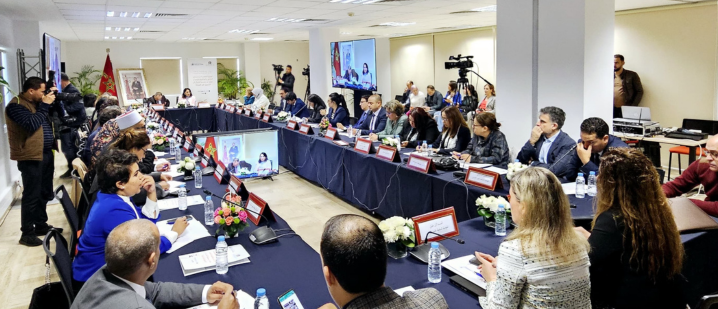
Mr. Ibrahim Salama, Director of the Human Rights Treaties Branch at OHCHR, highlighted the importance of implementing the provisions of the CEDAW Convention. He emphasized the necessity for the engagement of women, religious and cultural actors, National Human Rights Institutions (NHRIs) and civil society in the adaptation of legislation.
He affirmed that the implementation of women's rights is not only contingent on laws and legislation but rather is a comprehensive and integrated process that requires the involvement of women, religious and cultural actors, NHRIs, civil society, etc.
Ms. Nahla Haydar, expert in women's rights and member of the CEDAW Committee, considered that the aim of the Knowledge Hub to the CEDAW Convention is to share successful and advanced experiences amongst relevant Arab and Islamic countries related to respecting the universal rights of women.
This initiative aims to initiate a dialogue in the Middle East and North Africa within the framework of the UN Project “Believing in Rights” and its connections to the CEDAW. The focus was on the implementation of the relations between religions and women’s rights. Furthermore, the workshop seeks to advance efforts in implementing CEDAW by enhancing the capacities of religious, educational and media stakeholders in the region.
Representatives from NHRIs, professors, media professionals from Middle Eastern countries, and religious activists participated in this workshop.
Participants addressed several issues, including CEDAW and International Human Rights Law, Religion and Women’s Rights, The “Believing in Rights” Project with a focus on its interconnections with CEDAW and its impact on Women’s Rights in the Arab Region, The Role of NHRIs in supporting the Knowledge Hub of CEDAW, The Role of Religious actors in supporting the Knowledge Hub, etc.

